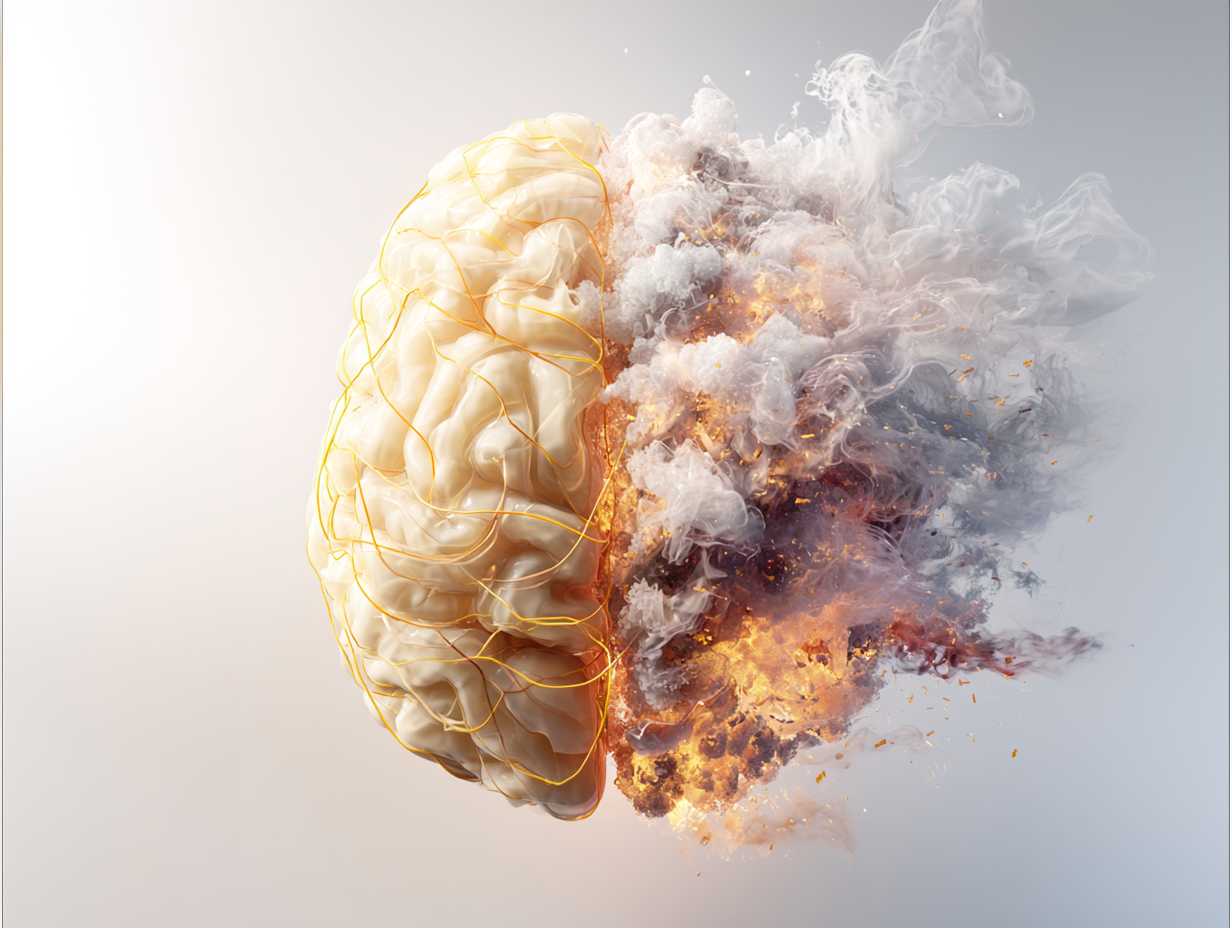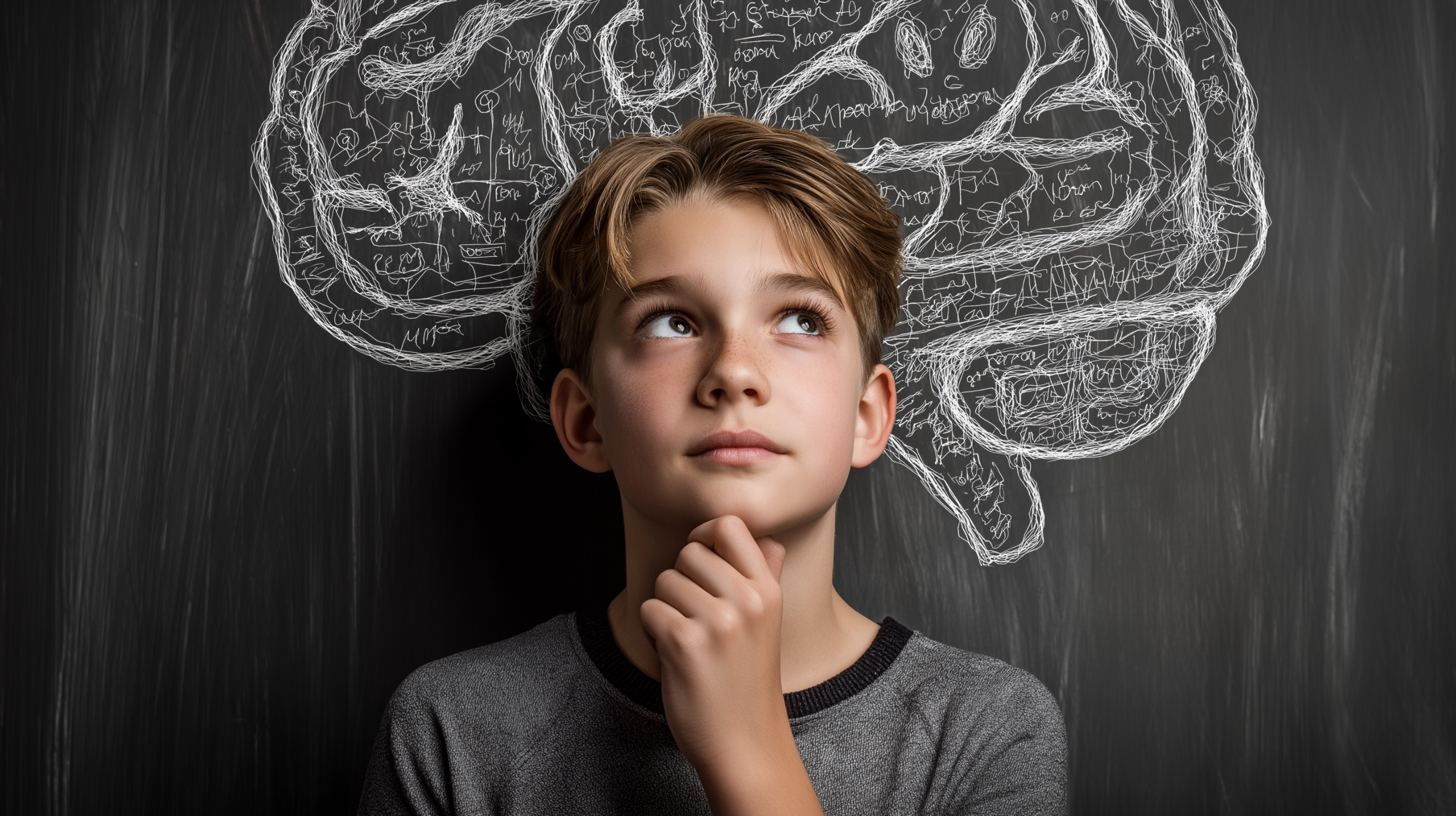In practice, I am seeing firsthand how the rise in high-potency cannabis is impacting the mental health of our communities. What was once considered “mild” experimentation has become something far riskier, especially for adolescents and young adults.
The Shift in Potency
Decades ago, cannabis typically contained around 3–4% THC. Today, dispensaries commonly sell products with 20% THC, and concentrates can reach 70–95%. This sharp increase means that the brain is being exposed to far more powerful psychoactive effects than past generations ever encountered.
The Mental Health Impact
Research and clinical observation show clear links between high-THC cannabis and:
Anxiety disorders – higher risk of panic and persistent worry
Psychosis and schizophrenia – especially in individuals with a genetic or family vulnerability
Mood instability – worsening of bipolar disorder or severe depression in some patients
Cognitive impairment – difficulties with attention, memory, and motivation, particularly in younger brains
Why Adolescents and Young Adults Are Most at Risk
The adolescent brain is still developing, particularly the prefrontal cortex, which governs decision-making and emotional regulation. Exposure to high-potency cannabis during this critical window may disrupt brain development, leading to long-lasting psychiatric vulnerabilities.
A Call to Awareness
As clinicians, we need to:
Educate patients and families about how different today’s cannabis is compared to the past.
Screen for cannabis-related complications when evaluating mental health symptoms.
Advocate for broader awareness and unbiased research into the long-term consequences of high-THC products.
The Bottom Line
This is no longer the cannabis of past generations. Its mental health implications are real, and we are seeing them every day in clinical care. Patients deserve honest information so they can make informed choices, and communities deserve resources to understand the risks that come with today’s high-potency products.
References
Volkow, N.D., et al. (2021). Marijuana use during adolescence and brain development. New England Journal of Medicine.
Di Forti, M., et al. (2019). High-potency cannabis linked to psychosis risk. The Lancet Psychiatry.
Hall, W., & Stjepanović, D. (2020). The risks of cannabis products for mental health: A review of the evidence. Frontiers in Psychiatry.



